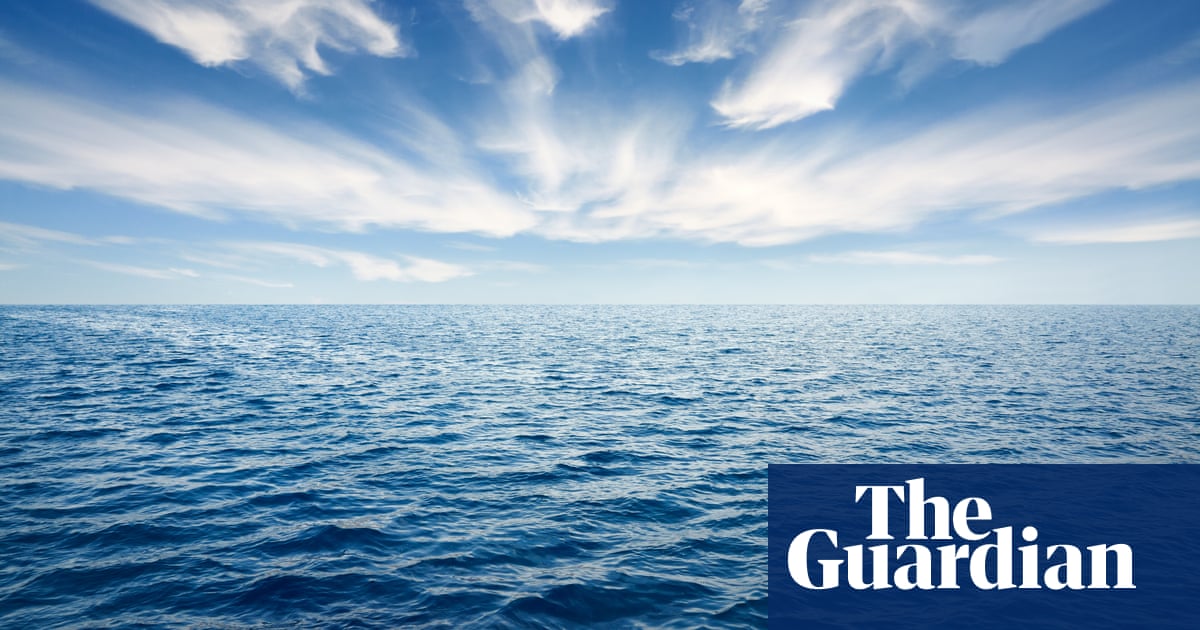- cross-posted to:
- [email protected]
- cross-posted to:
- [email protected]
Third of world’s ocean surface particularly vulnerable to threats driven by burning fossil fuel and deforestation, new research finds
The world’s oceans are facing a “triple threat” of extreme heating, a loss of oxygen and acidification, with extreme conditions becoming far more intense in recent decades and placing enormous stress upon the planet’s panoply of marine life, new research has found.
About a fifth of the world’s ocean surface is particularly vulnerable to the three threats hitting at once, spurred by human activity such as the burning of fossil fuels and deforestation, the study found. In the top 300 meters of affected ocean, these compound events now last three times longer and are six times more intense than they were in the early 1960s, the research states.
The study’s lead author warned that the world’s oceans were already being pushed into an extreme new state because of the climate crisis. “The impacts of this have already been seen and felt,” said Joel Wong, a researcher at ETH Zurich, who cited the well-known example of the heat “blob” that has caused the die-off of marine life in the Pacific Ocean. “Intense extreme events like these are likely to happen again in the future and will disrupt marine ecosystems and fisheries around the world,” he added.



The conditions that killed the dinosaurs made the planet faaaaar more “unliveable” than we ever could.
Its been decades but wasn’t it basically a ‘dust cloud’ from the impact that ended up killing all (most) of the dinos?
Meanwhile we are pumping all sorts of nasty things into the environment that will last 1000s of years +.
And who knows what damage we will do tomorrow. We could easily block the atmosphere with out own ‘dust cloud’ in addition to all the poison we create and pump into the earth.
I personally think it’s foolish to assume we can’t fuck up the earth so bad it can’t recover.
https://youtu.be/pjoQdz0nxf4
This is a great vid by Kurzgesagt about the current understanding of the conditions that killed the dinos. The effects that we will have on the climate will be bad yes, but nothing even close to this.
Here is an alternative Piped link(s):
https://piped.video/pjoQdz0nxf4
Piped is a privacy-respecting open-source alternative frontend to YouTube.
I’m open-source; check me out at GitHub.